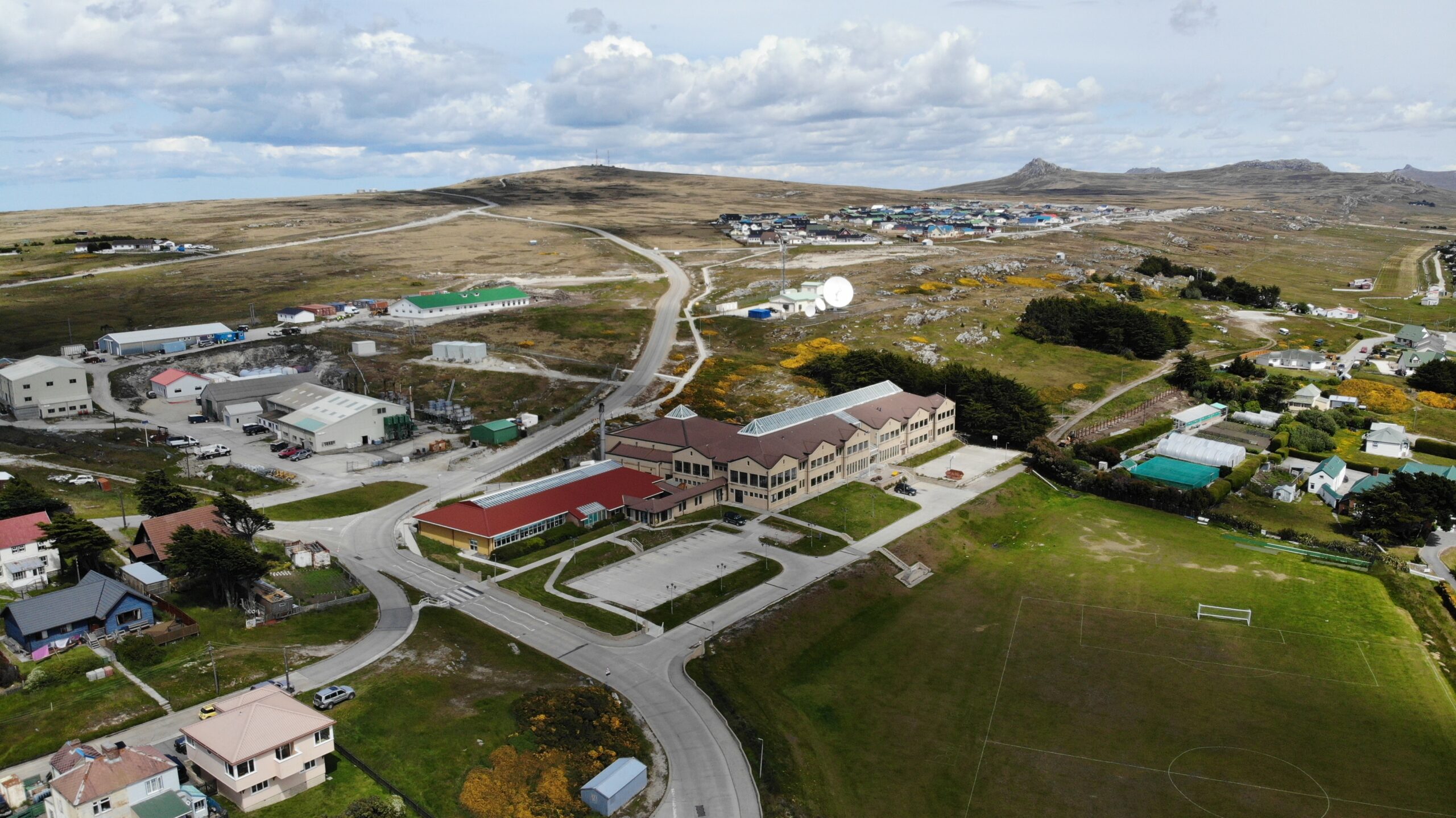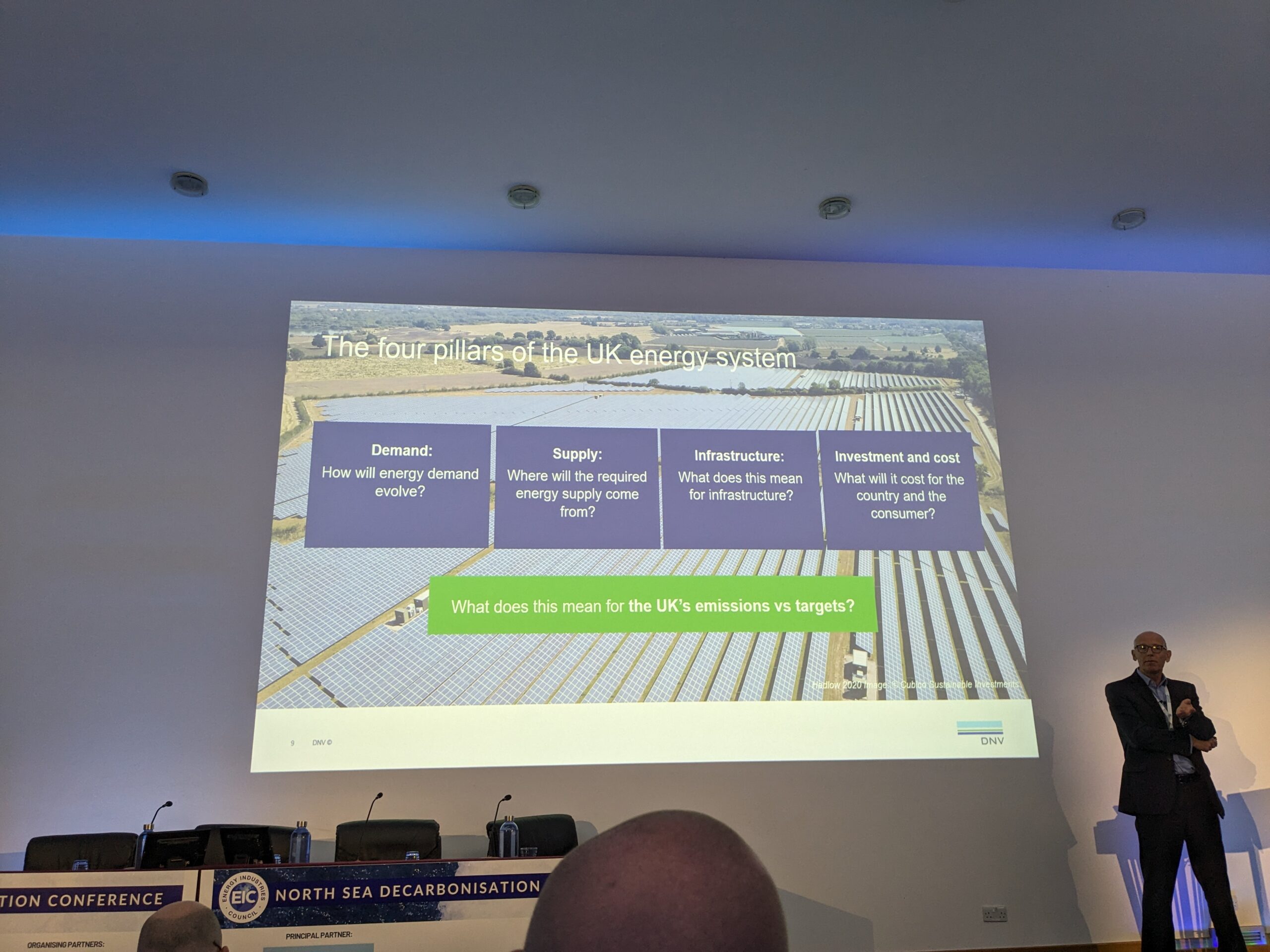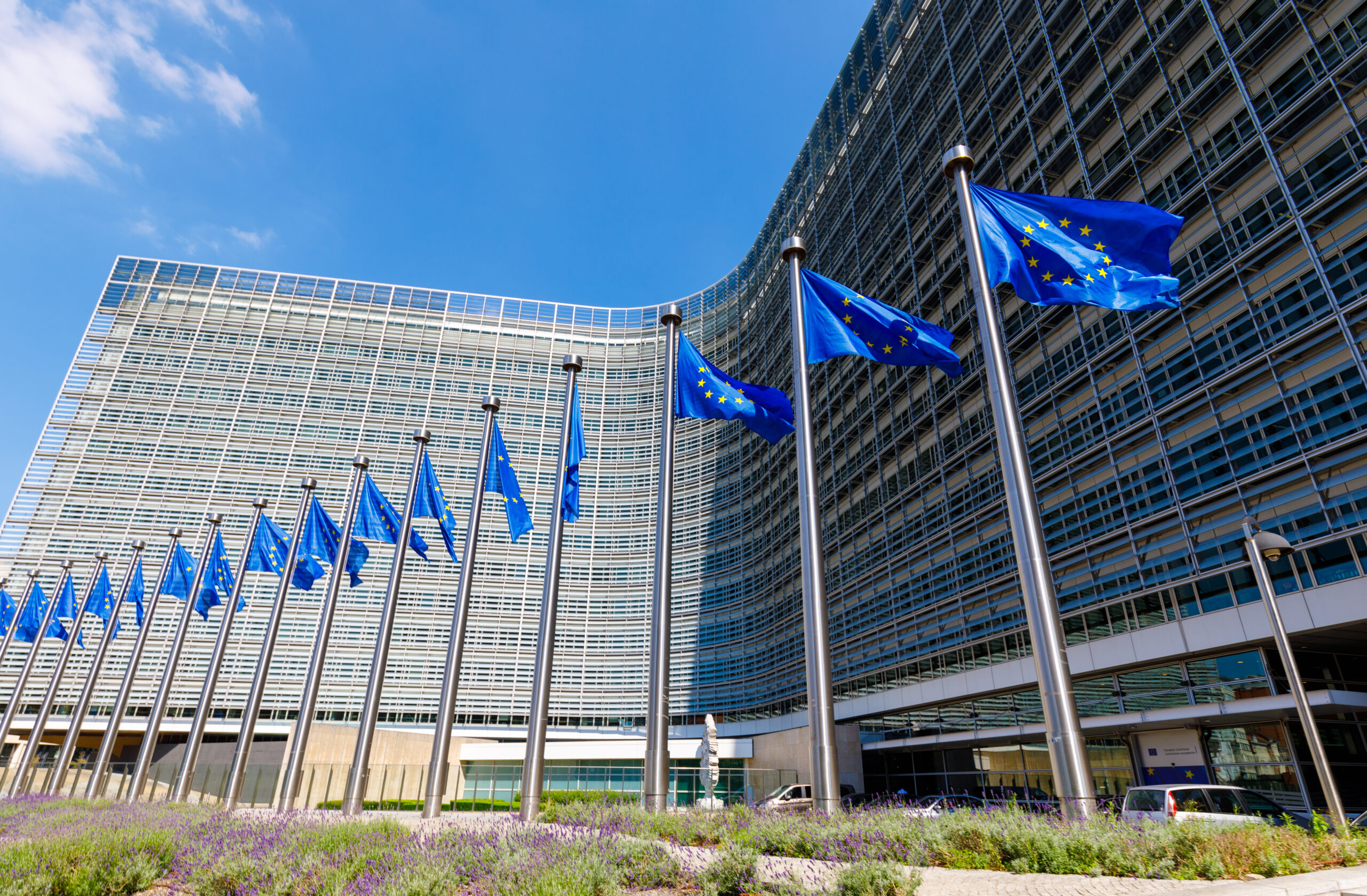Peat-rich Falkland Islands risks greenwashing oil project
Israeli energy firm Navitas plans to take a final investment decision this year on whether to move ahead with an oil-for-peatlands restoration concept in the Falkland Islands.

The UK-controlled Falkland Islands is close to fulfilling a long-sought aim of producing hydrocarbons, but a proposal to mitigate the resulting carbon emissions by restoring peatlands is at best premature, experts say.
Navitas Petroleum, the Israeli company that plans to develop the Sea Lion discovery in the North Falkland basin, has floated the oil-for-peatlands restoration concept to local officials despite a dearth of scientific evidence. The firm “argues that the carbon effect of its work will prove neutral because it will undertake a regeneration programme for the islands’ famed peatlands,” conservative columnist Charles Moore wrote in The Telegraph newspaper last December.
Experts say there is not nearly enough data to support that claim. “At this time there is insufficient information on how successful peatland restoration could actually be on a very large-scale in the Islands,” says Andrew Stanworth, conservation manager at Falklands Conservation, which is leading local research into peatlands emissions and their offsetting potential. “Current data wouldn’t provide confidence in being able to offset this quantity of emissions in meaningful timeframes, if at all.”
Navitas, which holds a 65% operating stake in the offshore acreage, did not reply to requests for comment from Gas Outlook. UK-based minority partner Rockhopper Exploration referred questions to Navitas.
Navitas plans to take a final investment decision this year on whether to move ahead with Sea Lion. The $2.5 billion project would start oil production in late 2026, deferring associated gas development for now. “Most of the gas will be re-injected, there may be a need for limited flaring, but the base case is no flaring,” the government’s director of natural resources Andrea Clausen said in an email response to questions.
Amid persistent global appetite for fossil fuels, oil and gas companies reluctant to relinquish their lucrative core business are looking for ways to reduce or mitigate carbon emissions, even though the hydrocarbons they are pumping will generate much more once they are burned. Mitigation and carbon offsetting schemes can be critical to securing financing at a time when banks such as the UK’s NatWest are phasing out lending for fossil fuels. The risk is that peatlands will be used to greenwash business-as-usual practices that are accelerating climate change, environmentalists say.
Bogged down in carbon
Peatlands are a type of wetland that both capture and emit planet-warming gases in a delicate equilibrium. When peatlands dry out or are exploited, greenhouse gases trapped inside belch into the atmosphere. Scientists have conducted extensive peatlands research in northern countries such as Scotland and Alaska, but far less is known about their southern counterparts in places like the Falkland Islands, where widespread sheep-ranching and climate change have degraded the ecosystem.
According to the UK Centre for Ecology & Hydrology (UKCEH), peatlands comprise around 40% of the Falklands, “making it one of the most peat-rich places in the world.” The local government is hoping to leverage the drilling project to help recuperate this fragile ecosystem.
“Our peatlands do need restoring as we have a drying climate so any projects that focus on peatland restoration will be welcomed,” the Falkland Islands government told Gas Outlook.
Researchers are currently studying the islands’ peatlands to measure greenhouse gas dynamics, using flux towers and other specialised equipment. The research is aimed at developing a robust peatland certification scheme similar to the UK’s Peatland Code to avoid “improperly applied offsetting” or greenwashing, Stanworth told Gas Outlook.
Warming up to Argentina
The sparsely populated Falkland Islands has sought to tap its offshore oil and gas for decades. Once-costly South Atlantic operating conditions and lingering hostility from nearby Argentina that has long-claimed sovereignty over the archipelago repeatedly dashed local expectations for a fossil-driven windfall.
Both of those constraints have now eased. Offshore operating costs have fallen, reflecting the proliferation of floating production, storage and offloading vessels, according to UK consultancy WoodMac. Navitas has signalled that it is already working to line up an FPSO for the first two phases of development that would peak at 55,000 barrels a day of crude production. In subsequent development phases, the company could deploy up to three FPSOs to produce 200,000 b/d.
Political winds have shifted too. In 1982, the UK fought a brief war with Argentina over the islands, and Buenos Aires remains officially committed to recovering the territory it calls Las Malvinas. But Argentina’s new libertarian president Javier Milei has struck a less confrontational tone with London. In January, he even met with UK foreign secretary David Cameron at the World Economic Forum in Davos. The UK Foreign Office described the meeting as “warm and cordial” and on the Falkland matter, the two sides “would agree to disagree, and do so politely.” The UK has long endorsed the islanders’ right to self-determination, and polls repeatedly show them overwhelmingly committed to remaining part of the UK.
The bigger challenge now revolves around the climate crisis, which extreme latitudes are feeling most acutely, as drier conditions in the Falkland Islands illustrates.
WoodMac notes that the carbon intensity of offshore oil production tends to be far lower than onshore developments, and the Sea Lion project is no exception, according to its estimates. But the “inherent contradiction” between fossil fuel development and sustainability, including the full range of emissions, remains difficult to reconcile, even as geopolitical tensions are ratcheting up, says Adrian Lara, WoodMac principal analyst for Latin America upstream. “With the (Russian) invasion of Ukraine, it came to the fore that energy security is as important as sustainability.”
The Falkland Islands, like other places that produce or aspire to produce oil and gas, sees fossil fuels as a springboard for change. “The Falkland Islands will be able to expedite its own energy transition to net zero using the revenue generated by this project. Additionally it is the intention of the operator to develop this project in as sustainable a manner as possible,” Clausen said, highlighting the government’s strategy to transition “to greener systems.”
Critics say that restoring peatlands to offset carbon emissions from oil production could be seen as just another way to perpetuate fossil fuels that are accelerating climate change. Nonetheless, even without the offsets, companies should still be encouraged to fund the research and restoration work, IUCN UK Peatland Programme’s Peatland Code coordinator Renée Kerkvliet-Hermans, told Gas Outlook.
In the context of more advanced peatlands evidence in northern countries, her organisation is currently encouraging the Science Based Targets initiative (SBTi), which helps companies implement climate action, to put peatlands restoration on the same carbon-reduction footing as tree planting.
“It’s the exact same result to the atmosphere if you take carbon out of the atmosphere through tree planting or if you actively restore peatland,” she says.“So it should be as valid as tree planting, and we desperately need that private finance going into these projects.”


